Each financial market has its own personality. The way crypto behaves compared to forex, stocks, or futures can be completely different — and so should your trading approach.
Before choosing where to focus, you need to understand what makes each market unique, how it moves, and what type of trader it rewards.
Crypto Trading
The crypto market is the most volatile and emotionally charged of them all. It operates 24/7 with no central authority, and price movements can be explosive.
Pros:
- Massive volatility creates opportunity for quick gains
- Accessible to anyone with an internet connection
- Innovative ecosystems like DeFi and AI tokens
Contras:
- High volatility means high risk
- Frequent manipulation and lack of regulation
- Limited fundamental data compared to traditional assets
Crypto is perfect for traders who love volatility, technology, and fast-paced action — but it requires strict discipline and risk control.
Divisas
Forex is the global currency market and the most liquid financial market in the world. It runs five days a week, 24 hours per day, with a rhythm that follows global trading sessions.
Pros:
- Consistent liquidity and tight spreads
- Predictable reactions to macroeconomic events
- Perfect for technical traders who thrive on structure
Contras:
- Requires understanding of global economics
- Limited weekend movement
- Smaller percentage swings compared to crypto
Forex suits traders who prefer structured setups, lower volatility, and steady income potential.
Stock Trading
The stock market is driven primarily by fundamentals — company earnings, growth, and investor sentiment. It’s ideal for those who like to analyze data and follow business trends.
Pros:
- Strong correlation to corporate performance
- Abundant data and research
- Lower volatility than crypto or futures
Contras:
- Limited trading hours
- Pattern Day Trader (PDT) rules in the U.S. restrict frequent trades
- Slower pace for those who prefer momentum
Stock trading rewards patience and analysis over adrenaline.
Comercio de futuros
Futures involve contracts to buy or sell an asset at a future date. They’re used heavily by professionals and institutions to hedge risk — and by traders who want leverage.
Pros:
- Deep liquidity in indexes, commodities, and crypto
- Ability to go long or short with high leverage
- Access to global assets beyond just currencies or companies
Contras:
- Complex margin requirements
- Steeper learning curve
- Large drawdowns if risk isn’t managed perfectly
Futures trading is for experienced traders who thrive under pressure and understand risk deeply.
How to Choose the Right Market for You
To find your fit, ask yourself:
- How much volatility can I emotionally handle?
- Do I prefer short-term or long-term setups?
- How much time can I dedicate daily to trading?
- Am I drawn to technology, macroeconomics, or company analysis?
The right market aligns with your personality, schedule, and psychology. Some traders even diversify — using crypto for high-growth plays, forex for consistency, and stocks for long-term investments.
Reflexiones finales
There’s no “best” market — only the one that matches your temperament. Master one first, then expand.
A trader with deep focus in one market always outperforms the one who dabbles in many without understanding any.
Opere de forma más inteligente con EPIQ
En Parqué EPIQ, we help traders find their niche through strategy, structure, and education. Inside, you’ll get:
✅ Market breakdowns for crypto, forex, stocks, and futures
✅ Daily analysis and volume-based setups
✅ A private trading community across multiple asset classes
✅ Access to our AI-powered chart assistant and macro dashboards
Comienza tu 3 días de prueba gratuita today and discover which market truly fits your strategy, psychology, and goals.
Asesoramiento no financiero (NFA): This content is for educational purposes only and not financial advice. Always do your own research and trade responsibly.


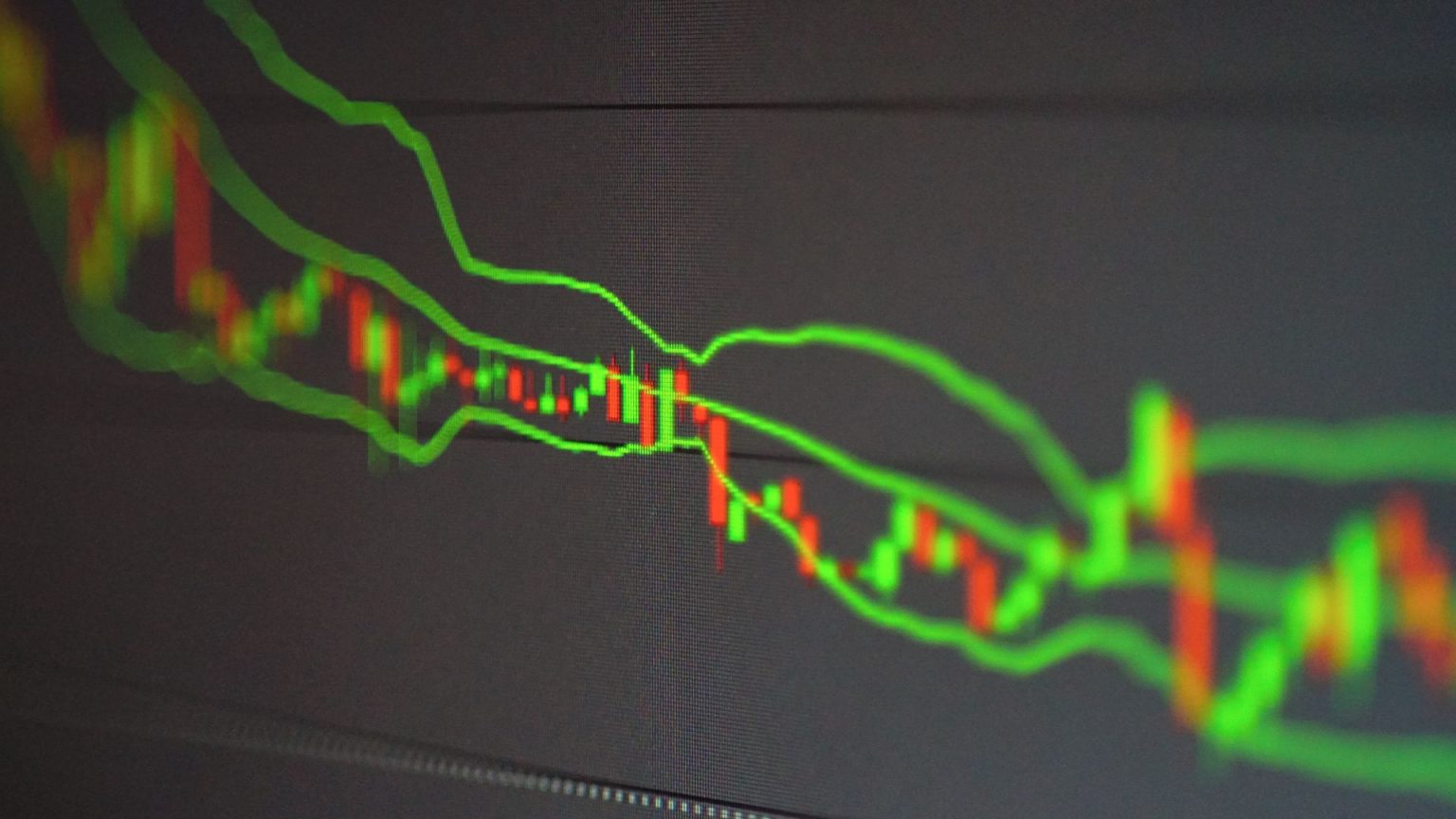
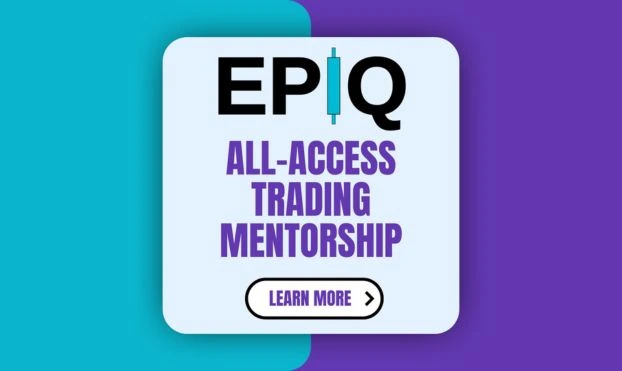
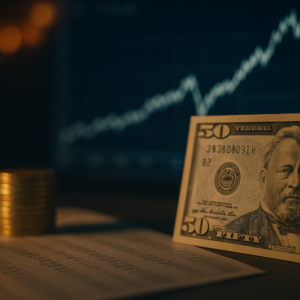

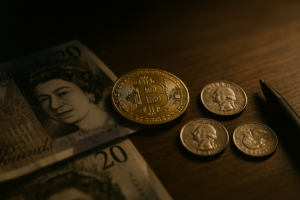
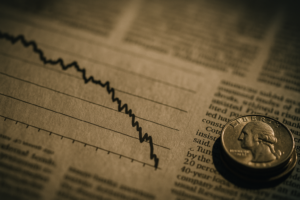

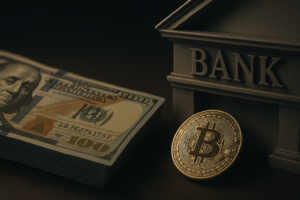
Respuestas